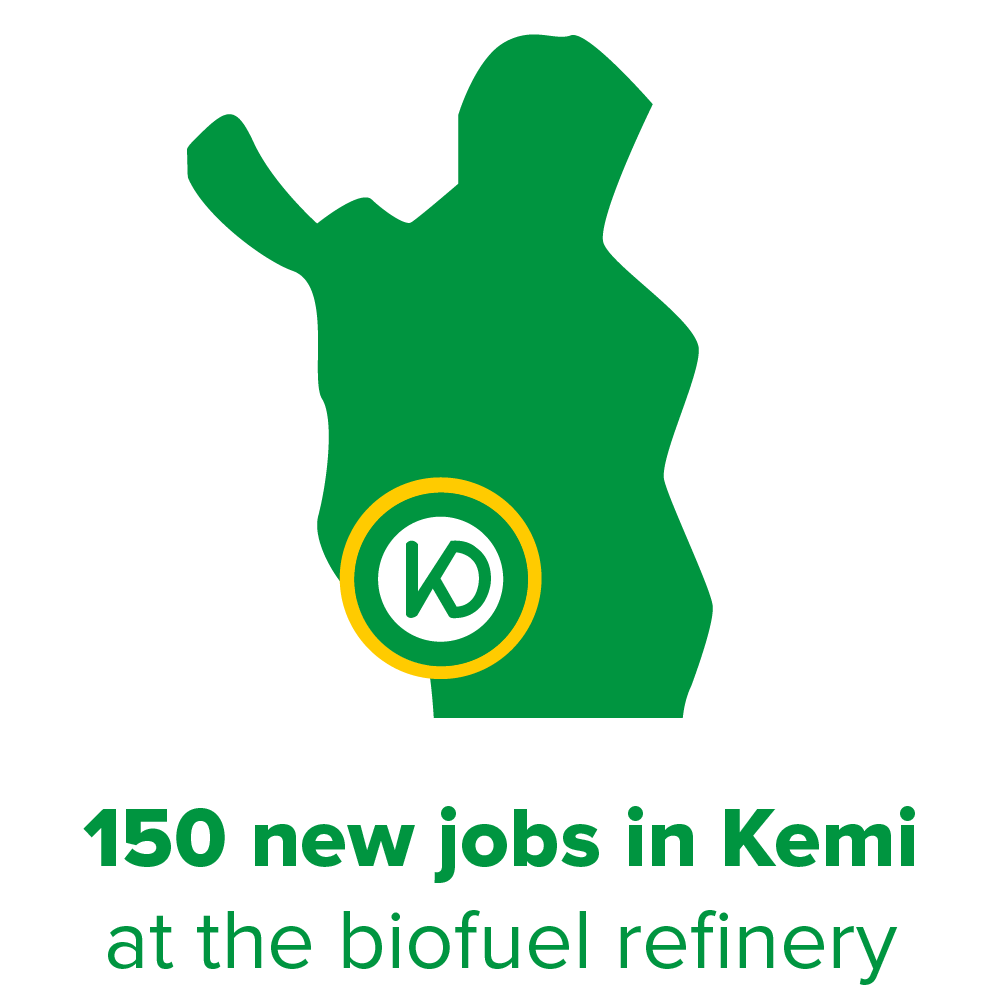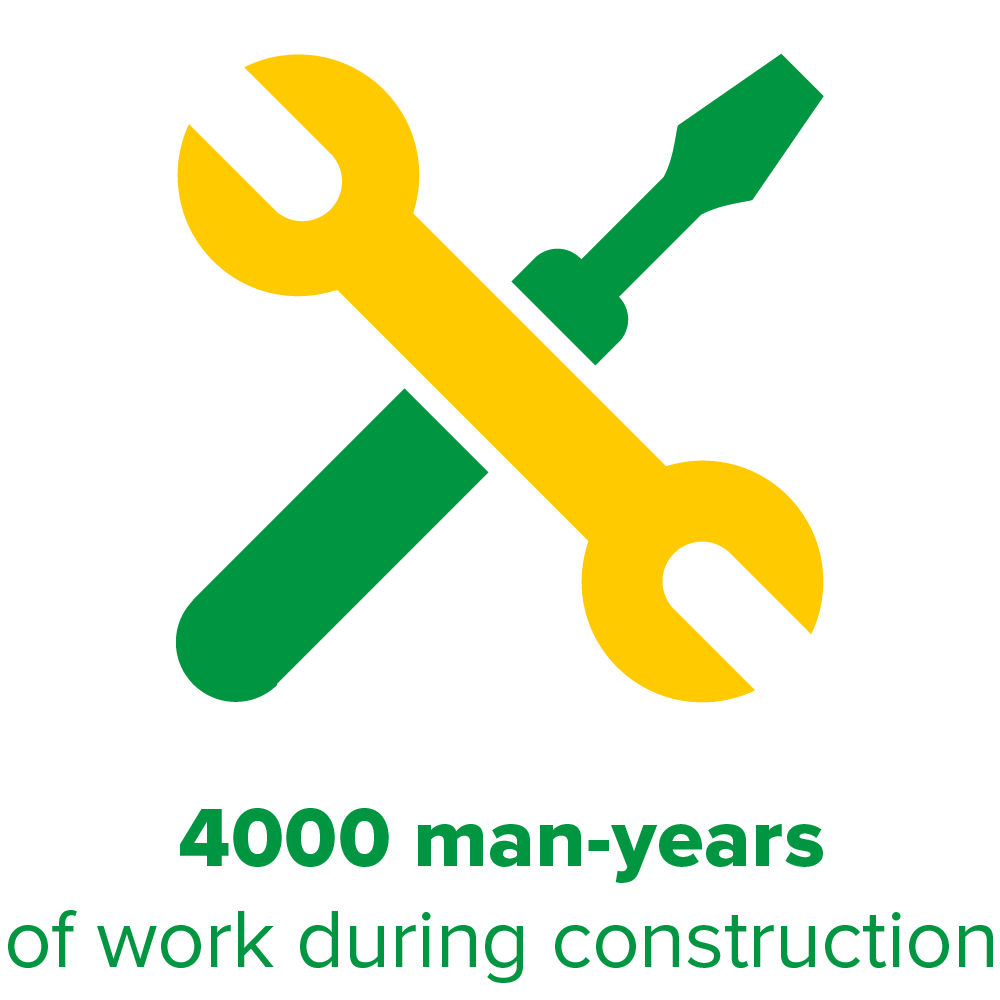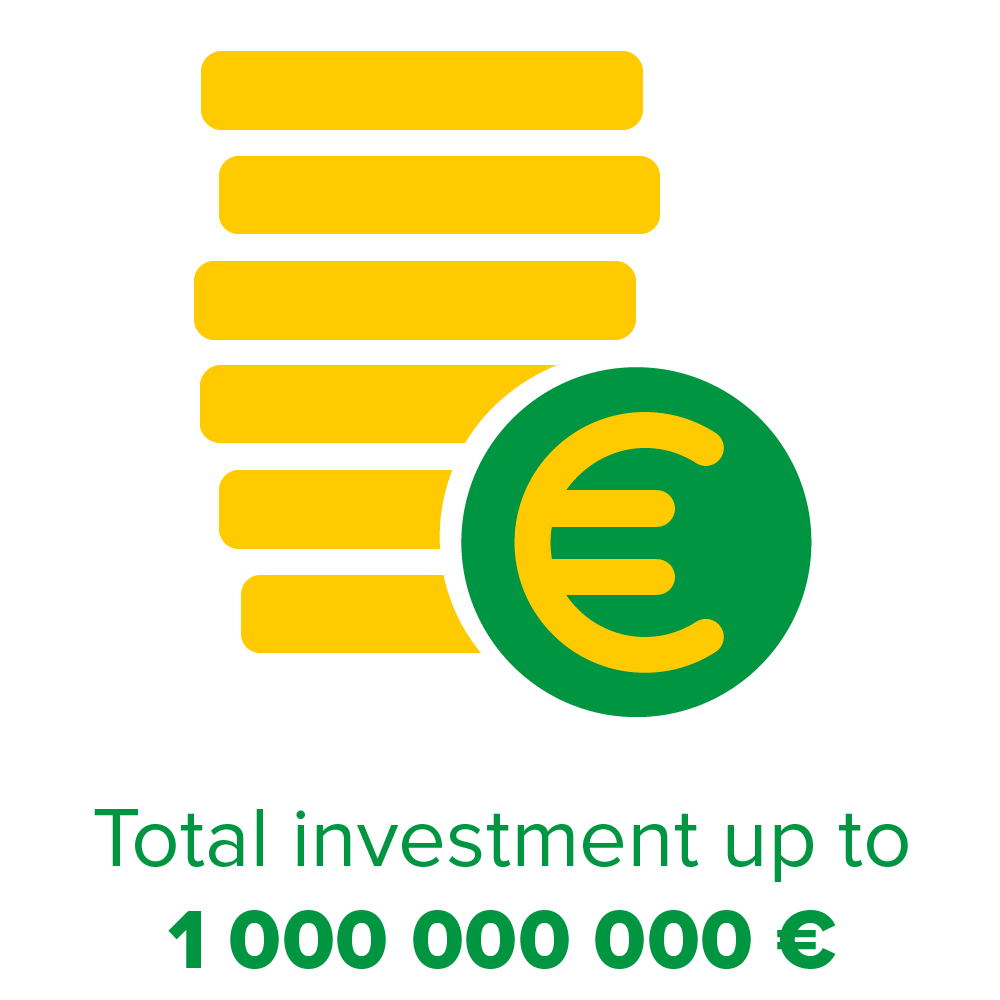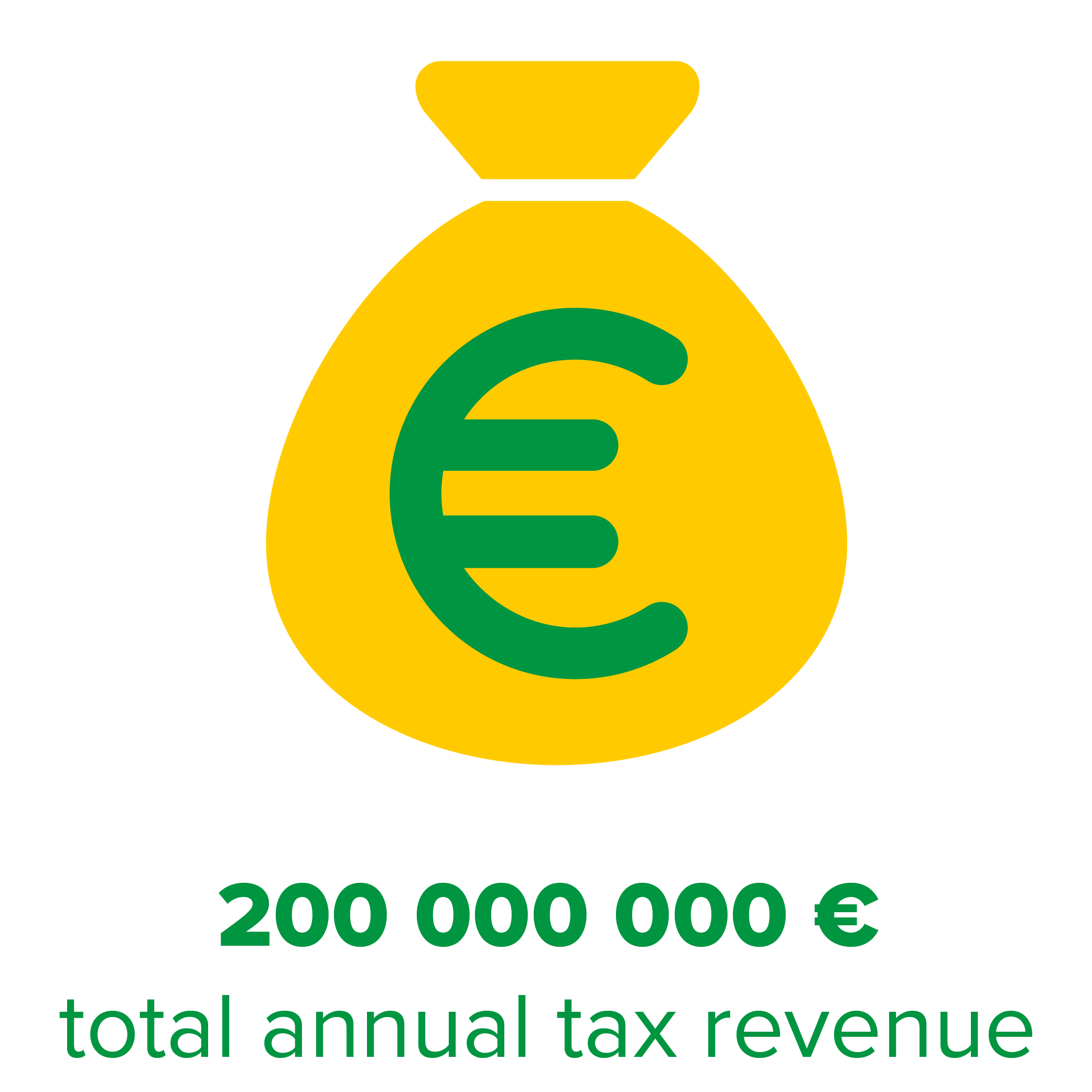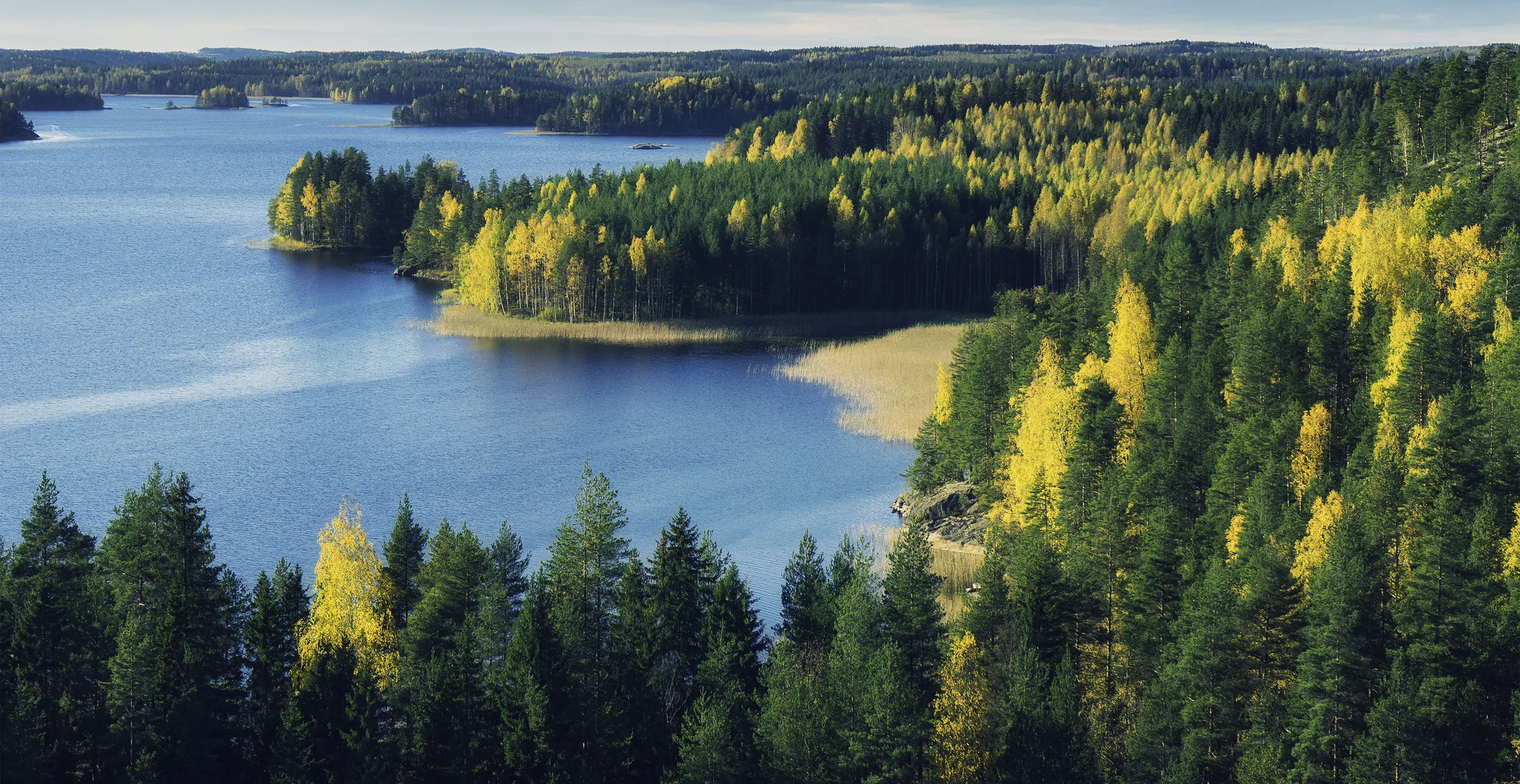
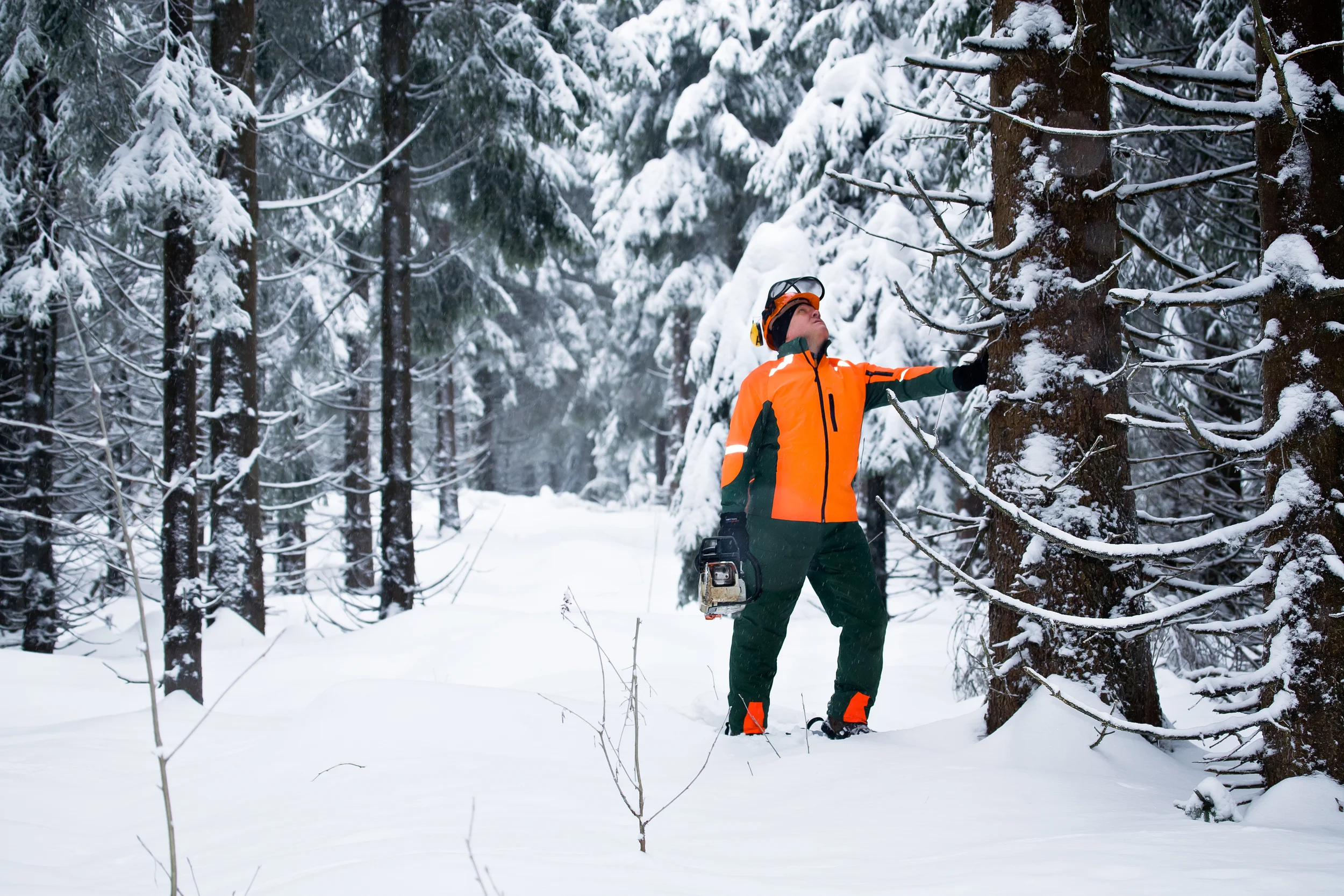



Kaidi Finland
Kaidi Finland is a renewable energy company with the aim of constructing a globally unique second generation biofuel refinery in Kemi, Finland.
Kaidi Finland
Kaidi Finland is a renewable energy company with the aim of constructing a globally unique second generation biofuel refinery in Kemi, Finland.
Kaidi’s goal is to enable world-class bioenergy production in Finland. The company plans to build a biodiesel refinery in Kemi that will produce 200,000metric tons of biofuel per year, of which 75% will be biodiesel and 25% biogasoline.
Sunshine Kaidi New Energy Group, one of China’s largest biorefining actors and the owners of Kaidi Finland, began the preparation and planning process of the Kemi biorefinery project in 2014.
Kaidi in China
Kaidi Finland is owned by the Chinese Sunshine Kaidi New Energy Group, a conglomerate that focuses on renewable energy production, energy products and environmental technology. It is one of the largest biorefining actors in China.
Kaidi was established in 1992 and it currently has biomass-based power plant engineering and operations in 24 Chinese provinces and in Vietnam. Kaidi has an asset value of over 7 billion euros and approximately 8,000 employees. The group’s holding company is privately owned and individual subsidiaries are publicly listed in the Shenzhen stock exchange. Kaidi’s headquarters are located in Wuhan, Hubei, China.
Kaidi’s business in China is divided into three units: Clean Power, Biofuel and New Material. The company’s strategy is to build 257 biomass power plants by 2022. Kaidi’s plans for extending their business to Europe have been years in the making. Finland’s progressive and ambitious biofuels policy, together with its vast biomass resources, make it the most attractive country to invest in for biofuel production in the Northern Hemisphere.
Environmental protection is a strong focus of Kaidi’s business in China. In order to promote environmentally friendly technologies and sustainable development practices through green energy services, the company is in cooperation with the United Nations Development Programme in China. Read more about the cooperation: http://www.cn.undp.org/content/china/en/home/ourwork/partners/-/sunshine-kaidi-.html

Kemi biofuel refinery
Kaidi Finland plans to build a globally unique biomass plant in Kemi. Kaidi’s sustainable technology makes it possible to produce biofuels by using wood as the main feedstock. In addition to local wood, Kaidi’s plant will also utilize sawmill by-products and even leftover bark from the forest industry. It will be the first of its kind in the world.
The plant will produce 200,000 metric tons of biofuel per year, of which 75% will be biodiesel. When operational, the plant will be a showcase for clean, local energy that is produced sustainably from wood-based biomass.
Kemi biofuel refinery
Kaidi Finland plans to build a globally unique biomass plant in Kemi. Kaidi’s sustainable technology makes it possible to produce biofuels by using wood as the main feedstock. In addition to local wood, Kaidi’s plant will also utilize sawmill by-products and even leftover bark from the forest industry. It will be the first of its kind in the world.
The plant will produce 200,000 metric tons of biofuel per year, of which 75% will be biodiesel. When operational, the plant will be a showcase for clean, local energy that is produced sustainably from wood-based biomass.
Kaidi’s biodiesel plant brings several direct and indirect benefits to Finland and its economy
The planned biofuel refinery will create a significant boost to the Finnish economy. The total investment for the plant is estimated to be up to EUR 1 billion. It is estimated that the plant will bring over EUR 200 million of annual tax revenues from corporate taxes, fuel taxes and personal income taxes.
The investment will also provide a boost to local employment: over 150 permanent positions will be created once the plant is operational, equating to 4,000 man-years of work for the overall construction and operation of the facility in addition to mill personnel, the plant will create several hundred jobs for related occupations such as harvesting entrepreneurs, transportation service providers and machine manufacturers. The total Finnish involvement in the project is aimed to reach over 50%.
Availability of wood
Kaidi’s annual need for wood will be approximately 2,8 million cubic meters. According to the National Forest Inventories (NFI) conducted by the Natural Resources Institute (LUKE) this amount can be sustainably procured from withina 200 kilometer radius of Kemi.
In addition to local wood Kaidi’s plant can utilize sawmill by-products and even leftover bark from the chemical forest industry.
With full knowledge of the plant’s requirements, Kemi was identified as the ideal location for a plant of this nature, due to the existing infrastructure, abundant feedstock and favourable site conditions.
Thanks to its abundance of renewable natural resources, high level of expertise, and industrial strengths, Finland is excellently placed to become a pioneer of the bioeconomy in the world. Finland’s progressive and ambitious biofuels policy, together with its vast biomass resources and close proximity to the world’s largest biofuel markets in Europe, make it the most attractive country to invest in for biofuel production.

Biodiesel
Kaidi is planning to open a 2nd generation biomass plant that would use
energy wood as the main feedstock.
Biodiesel
Kaidi is planning to open a 2nd generation biomass plant that would use
energy wood as the main feedstock.
Europe, the world’s largest demand market for biodiesel, will experience shortages as the EU's Renewable Energy Directive sets a binding target of 20% final energy consumption from renewable sources by 2020.
Greenhouse gas emissions continue to grow as the demand for energy increases and the blending mandates create a market that first generation biodiesel will be unable to fulfill.
The market size for biodiesel in the EU was 10 million metric tons per year in 2012. This is likely to increase to approximately 21 million metric tons by 2020. Regulatory pressures to limit carbon emissions and food-based fuels provide an increasingly attractive opportunity for second generation biofuels.
Finland is in unique position due to its abundance of woody biomass together with its extremely ambitious bioeconomy policy.
Bioeconomy refers to an economy that relies on renewable natural resources to produce food, energy, products and services. The bioeconomy will reduce our dependence on fossil l resources, prevent biodiversity loss and create new economic growth and jobs in line with the principles of sustainable development.
The objective of the Bioeconomy Strategy is to push our bioeconomy output up to EUR 100 billion by 2025 and to create 100,000 new jobs. Finland is also aiming to reach a target of 40% biofuels usage by 2030. The plant in Kemi will help to fulfill the demand of renewable energy in Finland.
Read more about Finland’s bioeconomy strategy here: https://www.tem.fi/files/40366/The_Finnish_Bioeconomy_Strategy.pdf
From energy wood to biodiesel
The biomass used in the Kemi plant is fully sustainable wood-based biomass. In addition to local energy wood the plant can utilize sawmill by-products and even leftover bark from forest industry. No other lignocellulosic biomass to biodiesel plants are currently operational and commercialized, though some are piloted.
Kaidi’s technology is based on
Biomass gasification that converts organic matter into synthetic gas, electricity, and slag.
Syngas cleanup that scrubs and filters unwanted or environmentally damaging impurities.
The Fischer-Tropsch process is a collection of chemical reactions that converts a mixture of carbon monoxide and hydrogen into liquid hydrocarbons. It is a key component of gas to liquids technology and already widely used in industry. To this process Kaidi has added a proprietary catalyst.
The plant will produce biodiesel that is a “drop-in” fuel: unlike first generation biodiesel, this has no differences to refinery diesel. It can be utilized in the current infrastructure of pumps, pipelines and other existing equipment.

Contacts
Contacts
Kaidi Finland CEO
Olli-Pekka Viljakainen has been appointed Kaidi Finland's new CEO on August 10, 2018. Viljakainen will follow Carl Haglund in his position.
Viljakainen (born. 1963) is engineer and has 30 years of experience in industrial project work, including the supply of forest industry system deliveries. Viljakainen was already involved when Vapo and Forest Btl planned a biorefinery for Kemi. Viljakainen will be the acting CEO for the time being.
Contact us
Pekka Viljakainen, CEO
Email: pekka.viljakainen@kaidi.fi
MEDIA ENQUIRIES
Phone: +358207434230
Email: info@kaidi.fi

